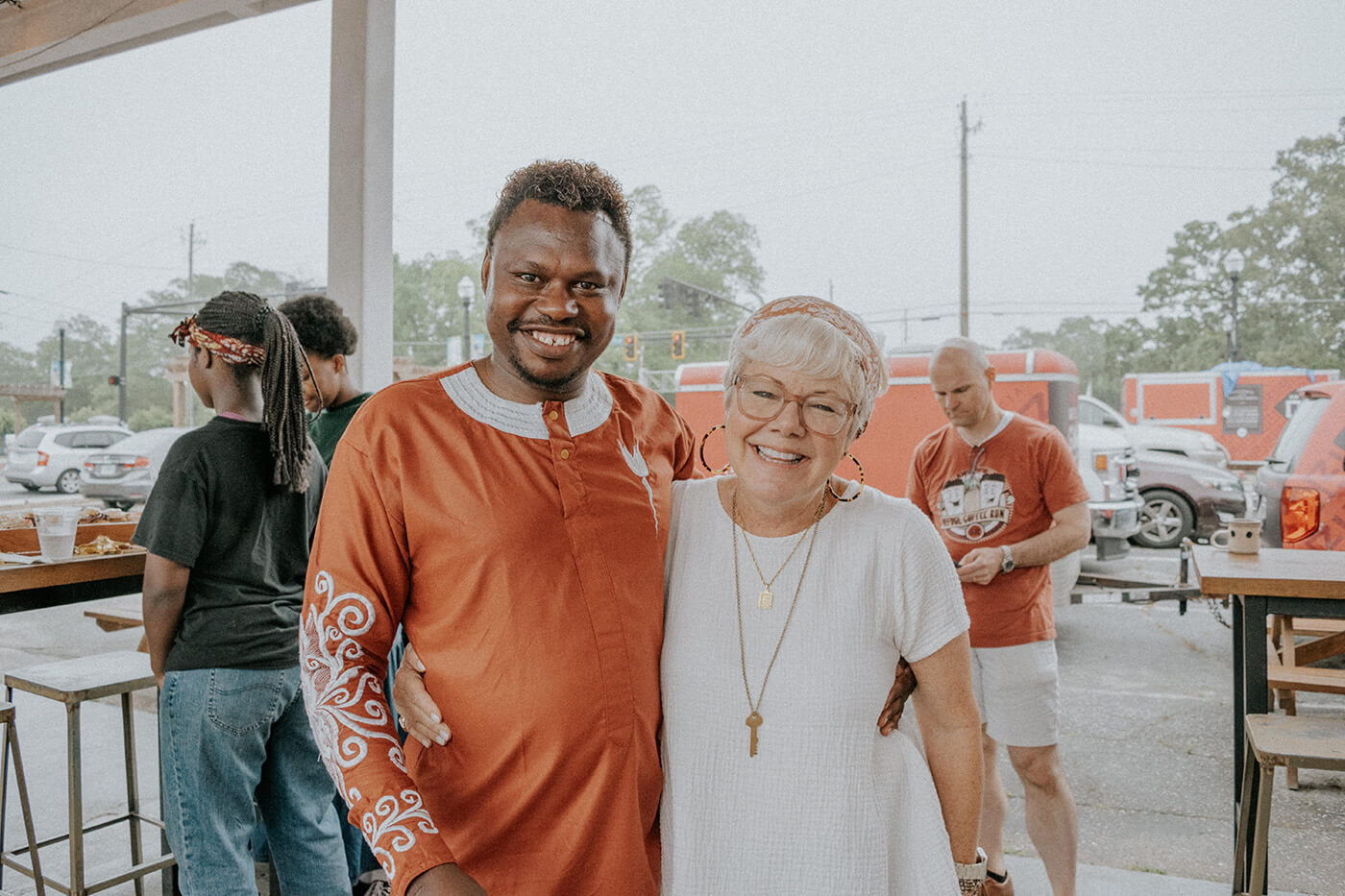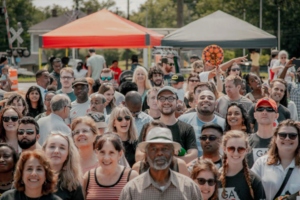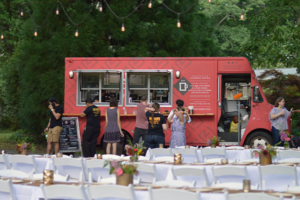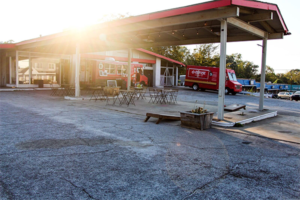…because sometimes we forget.
“The human heart is the first home of democracy.”
— Terry Tempest Williams
In a quite fraught meeting a few weeks ago with some community leaders, one man said as a preface to a sincere apology for some things he’d said in an earlier email, “I forgot she was human.” I have so much respect for this man. Remembering that we are all human—every single one of us no matter what “side” we’re on—is the only way for us to move the needle toward peace in our communities. Remembering, because we all forget from time to time.
Remembering everyone is human because, when we forget, we need to be part of repairing the damage our forgetting causes, no matter how hard it is to do so.
Remembering because to speak of or treat any person (whether we know them or not) as less than human is the seed of all wars. Dramatic, but true. Parker Palmer, in his treatise called The Politics of the Brokenhearted set out to “examine the way we hold tensions in politics as well as private life—a critical connection in a democracy that rises or falls on our individual and collective capacity to respond to conflict in a life-giving, not death-dealing way.”
Live-giving or death-dealing? To rise or to fall? That’s the choice we get to make every day, a choice that I believe has more power to change things than the way I vote or the signs I put in my yard. A choice you help us make in the lives of real humans.
More on the Subject
My husband and I gave our oldest son a microscope for his birthday when he turned 8. The wrapping paper was still crunching underfoot when Matt began his quest for all sorts of household minutiae to examine with his new toy. With each find he would whip out a glass slide, carefully place the tiny treasure on the plate with his plastic tweezers, slap a cover slip on it, clip the slide under the scope, focus the lens, and gaze through it with all the wonder of a budding Einstein.
First, he snatched a hair or two from his younger brother’s head. Next, he didn’t have far to look for a dust ball. He hoped to see actual dust mites like the ones in the vacuum cleaner commercials, but the microscope wasn’t all that powerful. Then he took a plastic spatula and scraped a layer of dead skin from his arm. These magnified bits of matter kept Matt interested for a while, but he soon wanted something more. He thumbed through the illustrated manual that came in the box and decided what his next acquisition would be: blood. He took to carrying a straight pin, a matchbook (to disinfect the pin), and a clean slide around with him at all times, wielding them with the determination of a door-to-door salesman. He asked family, neighbors, and church members for something no one was willing to give: a drop or two of their own blood.
After a day or so with no voluntary bloodletting, we assumed Matt had given up on his quest. But then one afternoon we heard a shout of exultation from our backyard. Seconds later he came flying through our crooked screen door with the slide he’d been carrying in his back pocket every day since his birthday held up to his fortuitously bleeding nose. Matt spent more time looking at his own blood cells through the microscope than anything else, and I think I know why.
The hair, dust ball, the skin cells; all of those were dead. The blood cells jostled against one another in a random dance of red.
They vibrated with life.
So, the telling question is this: What do I put under the lens of my microscope? When I look at others, do I whip out my slide and place every blunder under the microscope? Do I use what I see to make my own point or get my own way? Do I slow down like a curious motorist, peering at the grisly road kill? What do I see? The struggles and the slip-ups? Or do I see the life?
In this election season, I confess to a preternatural obsession with noticing death. And it is making me into a person I don’t want to be…
Maybe you grew up believing no one looked at anything but your worst. You were literally trained to put death on the slide, to use the microscope of your mind to focus on what is wrong and never on what is right. On what is broken, not on what is healing. On what is limping, not on what can ultimately leap. You have forgotten how to see life.
If that’s the case, and I believe it is for all of us in some way, training your focus on life instead of death is just that: training. When I train my mind to notice small improvements, gradual healing and subtle tendencies in the right direction, a new life begins to pulse in me. When I begin to look at what’s right instead of what’s wrong, a lot more starts to look right.
When I look at immigration and the refugee crisis, I hear a thousand voices telling me to demonize those who are opposed to justice and mercy. But what if I took all my curious energy and simply let the people I support and who support Refuge—my refugee and immigrant friends—tell a better story? This is a story that vibrates with life after all. What if I took that same energy and believed in the spark of potential change in everyone I meet? What if I blessed instead of cursed?
That’s a lot of what ifs. What I want you to hear from me is not that I am leading the way in a movement of life-giving perspective. I’m more like my friend who had to apologize, hoping to be as humble as he was in that moment and hoping to remember our collective humanity more deeply and fully every day.
With you in rising as best we can together to give life,
Kitti
{the above photo was taken last week at our 9th Birthday celebration. Mohammed was a barista trainee in 2017 and remains dear to many of us. His experience as a child in Central African Republic is too horrific to share, but his journey since then–although full of understandable ups and downs–has been one of resilience and overcoming.}





